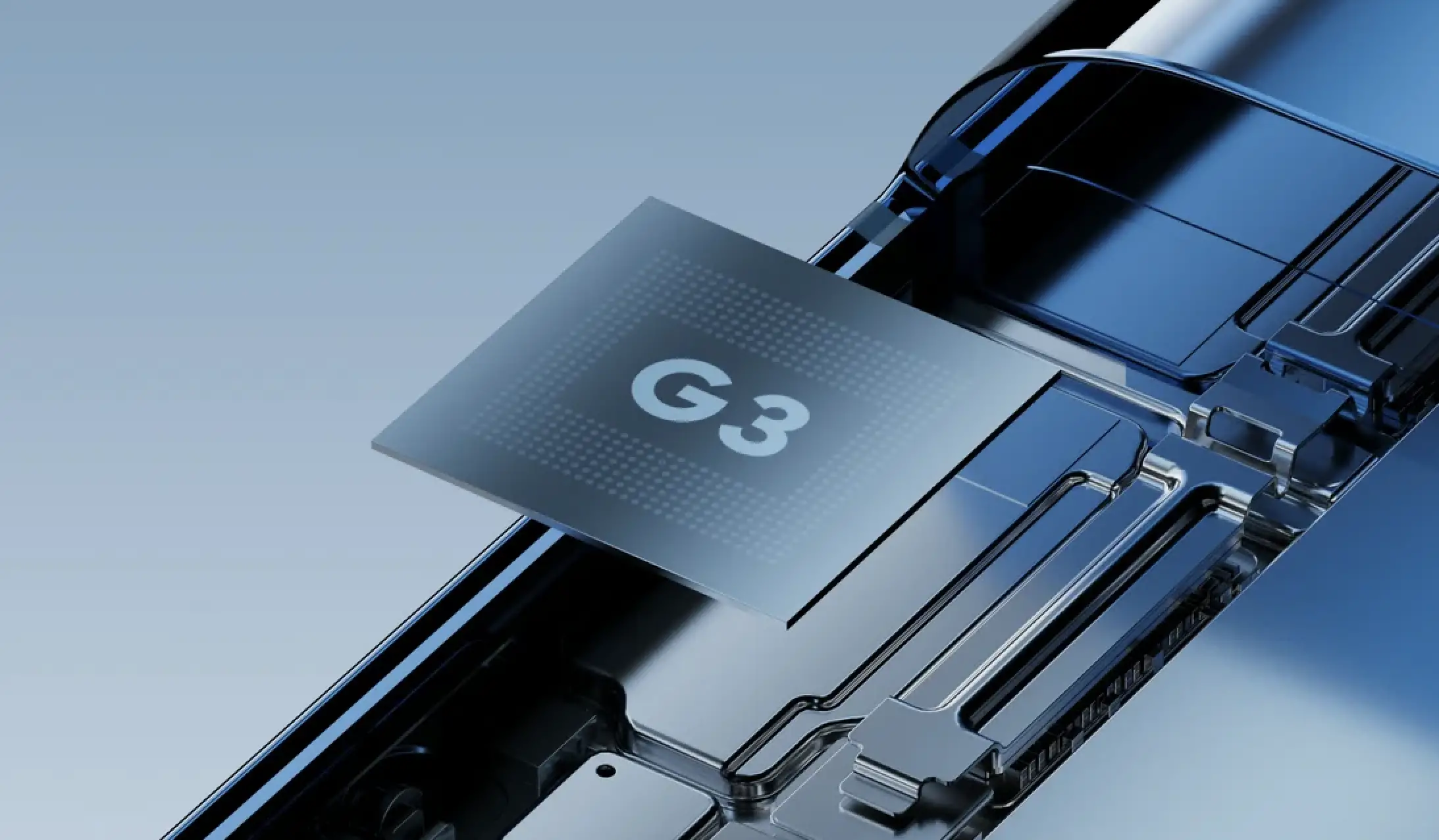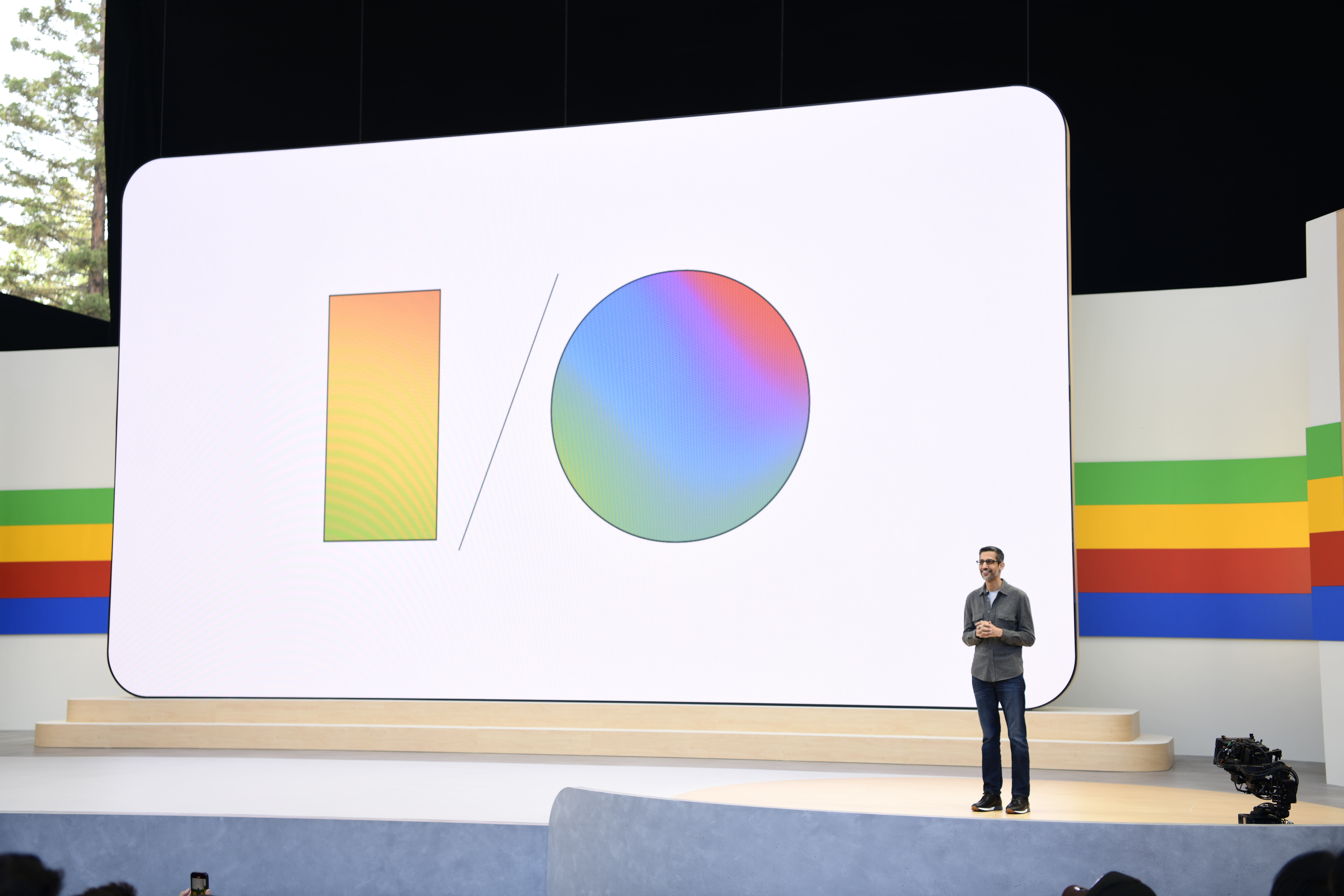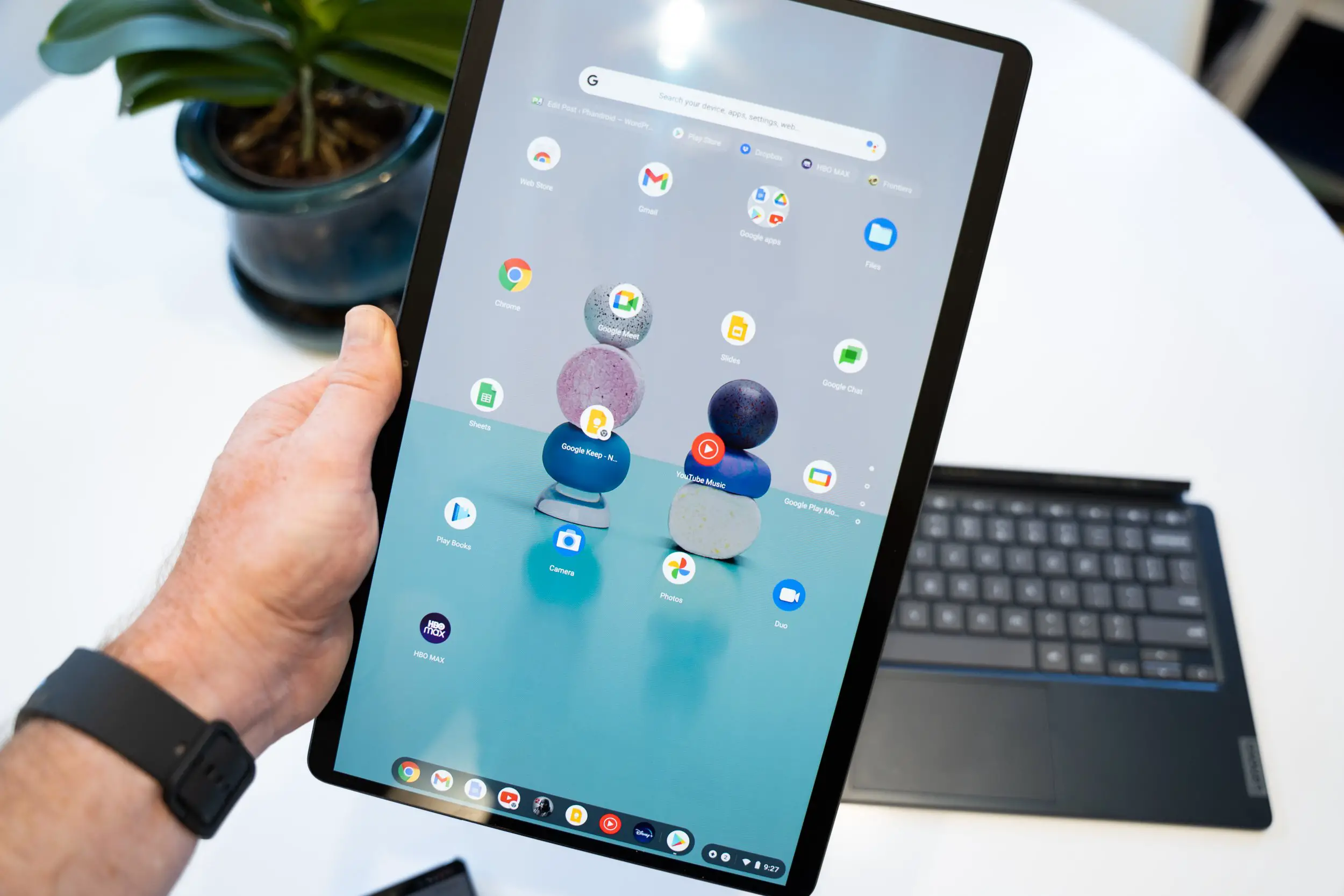
The Google Pixel 9 is expected to launch later this year. The new handset will most likely be powered by the Google Tensor G4 chipset. Usually newer models indicate an upgrade in performance, but if recent benchmarks of the Tensor G4 on Geekbench are accurate, we could be in for some disappointment.
The listing on Geekbench is for the Pixel 9, which is presumably running the Tensor G4. According to the scores, it managed 1,653 points on single-core performance and 3,313 points on multi-core. For context, the Google Pixel 8, which runs on the Tensor G3, scored higher.
The Tensor G3 scored 1,549 on single-core, which is lower, but on the multi-core front, it managed 3,874 points which is more than the Tensor G4. Interestingly, this is not the first time we've seen benchmarks that suggests that the Tensor G4 could actually be slower than its predecessor.
We're not sure why that is the case. It could be due to a lack of optimization on Google's part, so we'll have to wait for the actual phone to be released to get a better idea. That being said, we are more excited for the Tensor G5 which is due in 2025. The new chipset is said to be the first true custom chipset from Google as it will use custom cores. The current Tensor chipsets are said to be based on Samsung's Exynos designs, which haven't exactly been well-received over the years.

Google's current Tensor chipsets are built by Samsung. But we heard rumors dating back to 2023 that Google could actually ditch Samsung for TSMC for the Pixel 10 series. Now a report from Android Authority has discovered evidence to suggest that those rumors are true.
This evidence was found in publicly available trade databases. These databases contain information for products that are imported or exported. Based on the listings that the publication found, it seems that there is proof that the upcoming Tensor G5 could be manufactured by TSMC.
This was found in the description of the goods in the database where TSMC's name can be found. The listing does not mention the Tensor G5 specifically. But Android Authority broke down the description which does make references to the Tensor G5's codename, "Laguna Beach".
Google switching to TSMC is actually quite exciting. TSMC is one of the foremost manufacturers of chipsets and has very advanced chipmaking technology at its disposal. But that's not the exciting part. The current Tensor chipsets are said to be based on Samsung's Exynos design. Switching over to TSMC could allow Google to finally create a chipset for the Pixel 10 that is truly custom.
This will give Google more control over how it performs and how Android runs on it, which could result in more impressive performance and features. That being said, the Pixel 10 is still a year or so away from being launched, so take it with a grain of salt.

Google's recently-concluded I/O developer conference didn't try to hide the fact that it was an AI-filled buzzword fest, and while a lot of Google's demos during the keynote presentation gave us a clear preview its AI prospects, some folks (myself included) couldn't help but feel that we're seeing history repeat itself. With that in mind, you might be asking "how so?" and that is a fair question, after all.
To answer it, all one has to do is simply look at Google's recent AI-fuelled announcements and compare it with its past products - during I/O, we were introduced to several different AI models including Gemini Pro 1.5, Gemma 2, Gemini Flash, Project Astra, Imagen, Veo, and a whole lot more. Looking back, the hype behind these new announcements was somewhat akin to the launch of Google's ill-fated Stadia platform, topped with a serving of Google's somewhat messy history with multiple failed products, such as its many messaging apps.
That being said though, there are some key differences this time around, especially with regards to how these new announcements work for Google.
For one, it could be said that this new lineup of multiple AI models - besides being new ways for Google to show off its AI development - are primarily revenue generators for the company. Despite its Pixel smartphone line growing in terms of sales, it's clear that Google sees AI as a better way to go about earning profits (hence the absence of any Pixel news at I/O 2024). One could even say that Google's dedicated focus on AI functions a business to business product, with leftovers being rolled out retooled for consumers.
One could even say that Google's dedicated focus on AI functions a business to business product, with leftovers being rolled out retooled for consumers.
When viewed this way, Google might be aiming to fundamentally changing its business model from making money via ads to making money from selling AI computation and such.
Another difference is that the various AI models that Google showed off (at least at the moment) are designed to do different tasks, as opposed to multiple apps designed to do essentially a single task (i.e. Allo, Hangouts, Messenger, Voice, etc). There's less repetition, despite the appearance of an overwhelming number of AI models.
![]()
Of course, there's still the issue of commitment, at least on Google's behalf - the Mountain View tech giant is infamous for undertaking multiple new projects at a time, only to end up shutting those it deems unsuccessful enough. At this point in time many are still doubting the longevity of AI, especially with Google at the helm.
We go back though to the argument of a potentially huge revenue stream for Google - if it plays its cards right, AI could end up being a massive win for the company, which in theory shouldn't be a problem given its vast resources in terms of technology and funding. In any case, there's a lot of caution coming from both onlookers and investors, and it should be a very interesting couple of years ahead.

Android isn't the only operating system by Google. The company also has its Chrome OS platform that is typically used for computers and laptops. But now according to a report from Android Authority, it seems that Google is testing further integration of Chrome OS into Android.
According to the report, Google has shown off the ability for Android to run Chrome OS through a virtual machine. This takes advantage of Android's Virtualization Framework. This demo was reportedly shown to Google's partner companies. Unfortunately, they did not mention if there are plans to actually release this.
If this sounds familiar, it is because years ago, Google was reported to have been working on some new hybrid platform that combines Android with Chrome OS. That obviously never came to pass, but this looks like it could be a happy middle. So what does this mean for Android or Chrome OS users?
While we doubt that we'll see the platforms merge, it could be a way for Chrome OS users to run apps for Chrome OS on their smartphones. At the moment, Chrome OS users can already run certain mobile apps on their computers. So why not the other way too, right? Now like we said, it does not appear that Google is planning to commit to this. Maybe it's just a demo that's part of a different project, but either way, color us intrigued!
![]()
Google's market share for smartphones isn't that big. Compared to Apple and Samsung, Google only commands a fraction of the market. But this isn't an issue with the company's hardware, but rather the fact that Google's Pixel handsets aren't available worldwide. That changes with the Pixel 8a as Google has announced its availability in Poland.
If you're a Phandroid reader from Poland, the good news is that you'll be able to pick up the phone soon enough. The handset is priced starting at PLN 2,449. If you're not from Poland and you're in a country where the Pixel phones aren't officially available, it looks like you're out of luck.
However, Google's decision to expand the availability of the Pixel 8a could suggest that they might bring it to other markets in the future. There's no guarantee of that happening, so don't get your hopes up just yet. That being said, other regions where the Pixel phones aren't officially available have been resorting to gray market imports.
This means that they probably pay higher prices compared to official markets. However, it's one of the ways they can get their hands on the phone for now. For the rest of us, the Pixel 8a is available for pre-order and will be released in stores May 14.
© 2023 YouMobile Inc. All rights reserved





